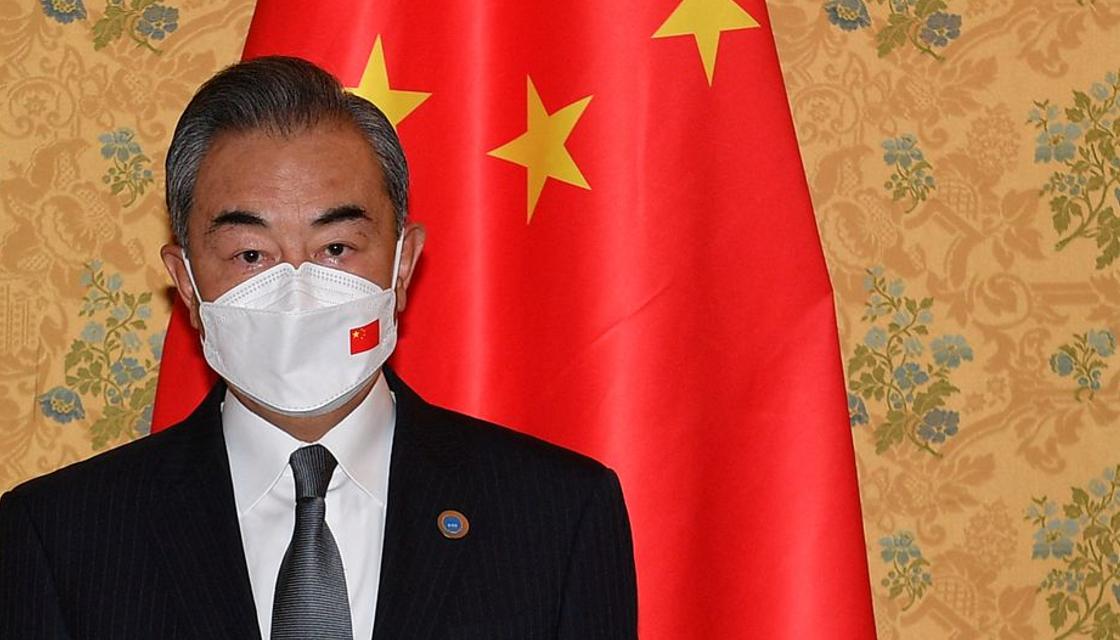China will seek a region-wide deal with almost a dozen Pacific islands covering policing, security and data communications cooperation when Foreign Minister Wang Yi hosts a meeting in Fiji next week, documents seen by Reuters show.
A draft communique and five-year action plan sent by Beijing to 10 Pacific islands ahead of a foreign ministers meeting on May 30 has prompted pushback from at least one of the invited nations, which says it showed China's intent to control the region and "threatens regional stability".
In a letter to 21 Pacific leaders seen by Reuters, Federated States of Micronesia president David Panuelo said his nation would argue the "pre-determined joint communique" should be rejected, because he fears it could spark a new "Cold War" between China and the West.
Wang will visit eight Pacific island nations that China holds diplomatic ties with between May 26 and June 4.
He arrives on Thursday in the Solomon Islands, which recently signed a security pact with China despite objections from Australia, the United States, Japan and New Zealand, which fear it could upset regional security arrangements and give China a military foothold in the Pacific.

Beijing rejects this, saying the pact is focused on domestic policing and criticism by western countries was interfering in the Solomon Island's sovereign decision-making.
China's foreign ministry did not immediately respond to a request for comment about the document, reported here for the first time.
The FSM government, which has a defence agreement with the United States as well as an economic cooperation agreement with China, declined to comment on the letter to Reuters.
NEW VISION
A region-wide agreement covering security and trade between China and Pacific islands would represent a shift in Beijing's focus from bilateral relationships to dealing with the Pacific on a multilateral basis, and would likely increase concerns by Washington and its allies.
The China-Pacific Island Countries Common Development Vision draft document, as well as a five-year action plan, has been circulated by Beijing ahead of the meeting in Fiji.
It states China and the Pacific islands will "strengthen exchanges and cooperation in the fields of traditional and non traditional security".
READ MORE
- Sir John Key calls on Government to work with China in the Pacific instead of trying to get rid of them
- Fijian journalist felt 'intimidated and threatened' after Chinese officials kicked her out during Wang Yi's visit
- On The Panic In The Pacific Over China
- China fails to convince Pacific nations on bold deal
"China will hold intermediate and high-level police training for Pacific Island Countries through bilateral and multilateral means," the document seen by Reuters says.
The action plan outlines a ministerial dialogue on law enforcement capacity and police cooperation to be held in 2022, and China providing forensic police laboratories.
The draft communique also pledges cooperation on data networks, cyber security, smart customs systems, and for Pacific islands to "take a balanced approach to technological progress, economic development and protection of national security".
Chinese telecommunications firm Huawei, which is barred from 5G networks run by several U.S allies, has been repeatedly thwarted in attempts to build submarine cables or run mobile networks in the Pacific islands by Australia and United States offering rival bids for the sensitive infrastructure, citing national security concerns.
The communique also proposes a China-Pacific Islands Free Trade Area, and support for action on climate change and health.
In his letter to other leaders, Panuelo says the communique would shift Pacific islands who hold diplomatic relations with China "very close into Beijing's orbit, intrinsically tying the whole of our economies and societies to them".
Panuelo highlighted the risk of Pacific islands being caught in geopolitical conflict as tensions rise between the United States and China over Taiwan.
"The practical impacts, however, of Chinese control over our communications infrastructure, our ocean territory and the resources within them, and our security space, aside from impacts on our sovereignty, is that it increases the chances of China getting into conflict with Australia, Japan, the United States and New Zealand," he said.
China's provision of customs systems would lead to "biodata collection and mass surveillance of those residing in, entering and leaving our islands", he added.
The letter was also critical of Australia's lack of action on climate change, which Panuelo said was the greatest security threat to the region.
New Australian Prime Minister Anthony Albanese pledged this week to increase climate financing to Pacific islands, saying climate change was the main economic and security challenge for low-lying island countries.


